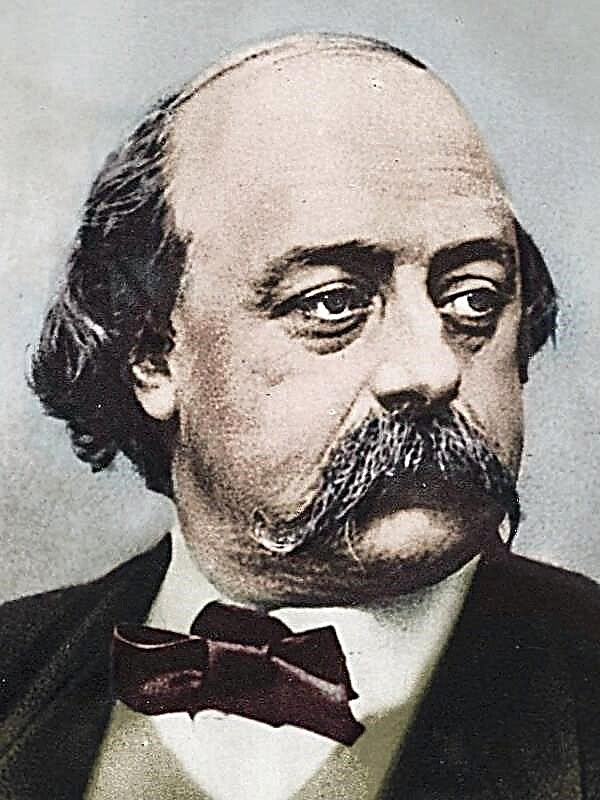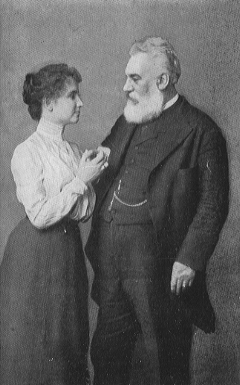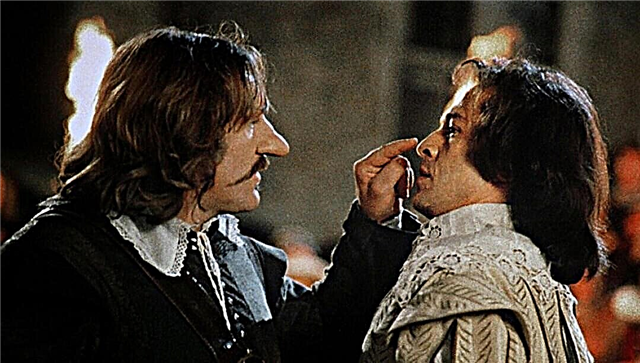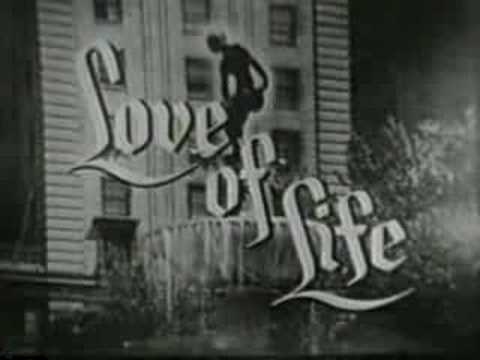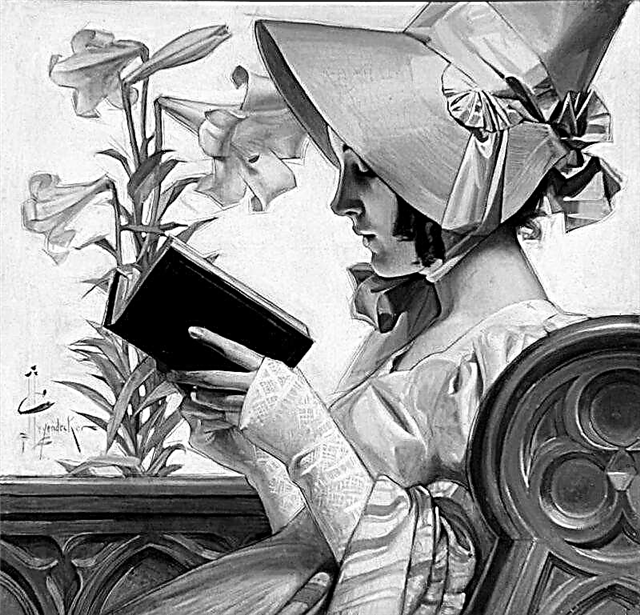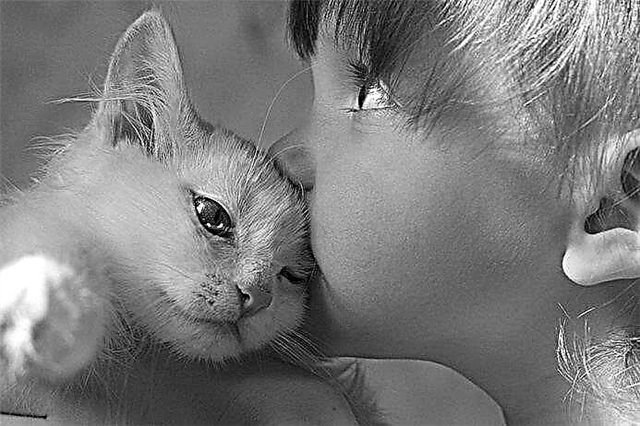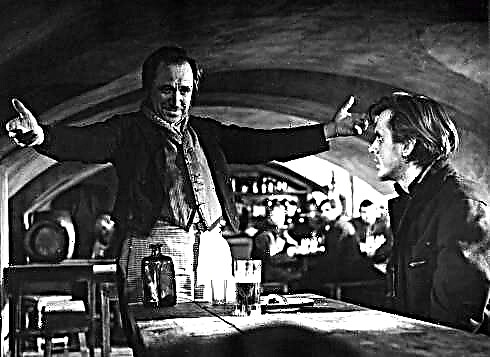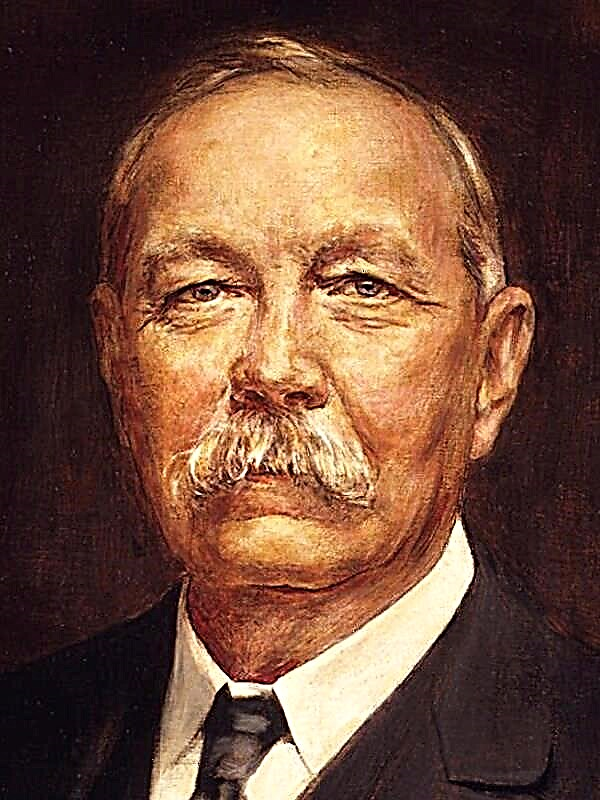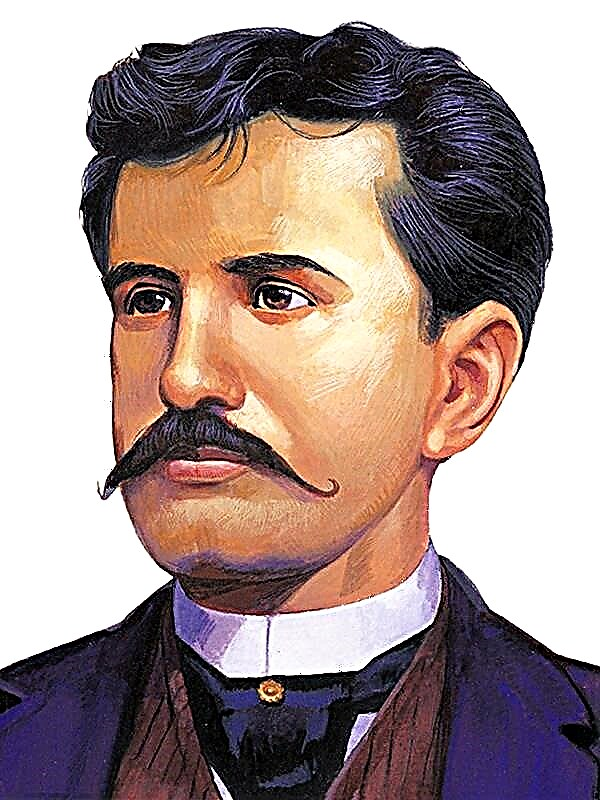(306 words) Vladimir Mayakovsky is an outstanding Soviet futurist poet who raises acutely social themes in his poems and poems. Young people love his work for courage, harshness and honesty. Among the most popular and beloved by readers of Mayakovsky's works can be distinguished such as: the poem “Cloud in pants”, “Good attitude to horses”, “Nate!”, “Lilichka”, “Poems about the Soviet passport” and so on. My favorite poem is “Passionate.”
This is a satirical poem about employees of state institutions who always “sit down” somewhere, and so much so that sometimes they even have to “split up” to keep up everywhere. The reason for writing such an ironic poem was the Soviet post-revolutionary bureaucracy, elevated to the absolute at that time. It was to this phenomenon in 1922 that Vladimir Mayakovsky devoted his creation.
The lyrical hero complains about the endless paperwork that surrounds employees of institutions, and they do not have enough time to provide those services for which ordinary people go to these same institutions. Constant meetings on the most stupid questions morally exhaust the lyrical hero, and “running around” from the first to the seventh floor and back exhausts him physically. The poem has a lot of words and expressions that expose its satirical ins and outs, for example, “meeting A-be-ve-ge-de-e-same-ze-coma”, “I have been going from the time of Onon,” “to the waist here, and the rest there ”and others. The hopelessness of a person who needs to provide a particular service, and who rushes from one office to another in order to catch at least one official at a meeting, is very well conveyed to readers with the help of words such as “declare”, “sit”, “go around” , "The light is not nice," "I climb," and so on. The most ironic is that some completely trifling task that can be completed in a couple of minutes is worth so much effort. Such a paradox and absurdity drive the poor person into even greater frustration, because the matter that he could spend half an hour on strength takes him a whole day: "I climb again, looking at the night."
In conclusion, I would like to say that almost a hundred years have passed since the writing of this poem, and the theme raised in it is still relevant today. This is both funny and sad at the same time.

